The Recipe for Trust: Understanding ISO 22000 Certification
The Recipe for Trust: Understanding ISO 22000 Certification
In the global food industry, trust forms the backbone of consumer confidence. Consumers want assurance that the food they consume is safe and of high quality. Therefore, businesses in the food sector strive to meet stringent standards that guarantee these qualities. ISO 22000 certification emerges as a comprehensive standard that helps organizations ensure food safety. This standard provides a framework for developing a food safety management system (FSMS), thereby enhancing trust and reliability in the food supply chain.
ISO 22000 certification integrates principles from several other standards and hazard analysis principles. It combines ISO 9001’s quality management system approach with HACCP (Hazard Analysis and Critical Control Points). Therefore, businesses adhering to this certification can manage food safety hazards effectively. This integration ensures that food safety is managed from the farm to the fork, covering all stages of the food chain.
Firstly, ISO 22000 certification offers a systematic approach to identifying and controlling food safety hazards. Organizations must perform a thorough hazard analysis to identify potential risks that could affect food safety. By implementing preventive measures and monitoring critical control points, businesses can minimize these risks. This proactive approach not only ensures compliance with regulatory requirements but also builds consumer trust. Consumers feel confident knowing that the food they purchase meets the highest safety standards.
Moreover, ISO 22000 promotes transparency and communication throughout the food supply chain. When all parties involved in the food production process adhere to the same standards, it facilitates better communication and understanding. For instance, suppliers, manufacturers, and distributors can share information more effectively, ensuring that food safety is maintained at every stage. This transparency reduces the likelihood of foodborne illnesses and recalls, which can have severe financial and reputational consequences for businesses.
Additionally, ISO 22000 enhances traceability within the food supply chain. Traceability is the ability to track a product’s journey through the various stages of production, processing, and distribution. ISO 22000 requires organizations to maintain detailed records of their processes, enabling them to trace products quickly in case of a safety issue. Consequently, businesses can address problems more efficiently and minimize the impact of recalls. This level of traceability reassures consumers that the food they consume is safe and can be traced back to its source if necessary.
Furthermore, ISO 22000 certification drives continuous improvement within organizations. The standard encourages businesses to regularly review and update their food safety management systems. This ongoing assessment helps identify areas for improvement and implement corrective actions promptly. By fostering a culture of continuous improvement, organizations can stay ahead of emerging food safety risks and adapt to changing regulatory requirements. As a result, businesses remain competitive in the global market and maintain their reputation for quality and safety.
Equally important, ISO 22000 certification provides a competitive advantage in the marketplace. In an industry where consumer trust is paramount, businesses that achieve this certification demonstrate their commitment to food safety. This commitment differentiates them from competitors who may not adhere to the same rigorous standards. As a result, certified organizations can attract more customers, secure better partnerships, and gain access to new markets. For instance, many large retailers and foodservice providers require their suppliers to have ISO 22000 certification, making it a prerequisite for doing business.
Moreover, ISO 22000 supports compliance with regulatory requirements. Food safety regulations vary by country, and businesses must navigate this complex landscape to ensure their products meet all necessary standards. ISO 22000 provides a globally recognized framework that helps organizations align with various regulatory requirements. By implementing this standard, businesses can streamline their compliance efforts and reduce the risk of regulatory violations. This alignment not only prevents legal issues but also enhances the organization’s credibility and reputation.
In addition, ISO 22000 contributes to overall business performance. A well-implemented food safety management system can lead to improved efficiency and reduced costs. For example, by identifying and controlling hazards early in the production process, businesses can prevent costly recalls and waste. Efficient processes also lead to better resource management and increased productivity. These benefits translate to a stronger bottom line and a more sustainable business model.
Equally noteworthy, ISO 22000 certification enhances stakeholder confidence. Investors, partners, and employees all have a vested interest in an organization’s commitment to food safety. Achieving ISO 22000 certification signals to stakeholders that the company prioritizes safety and quality. This assurance can lead to increased investment, stronger partnerships, and higher employee morale. When stakeholders trust the organization’s processes and values, it fosters a positive and collaborative business environment.
Lastly, ISO 22000 certification promotes global standardization in food safety. In a world where food supply chains often span multiple countries, having a universal standard is crucial. ISO 22000 provides a consistent and harmonized approach to food safety management, making it easier for businesses to operate internationally. This standardization reduces barriers to trade and ensures that food products meet the same high safety standards regardless of their origin. Consumers benefit from this consistency, knowing that the food they purchase meets rigorous safety criteria.
In conclusion, ISO 22000 certification plays a vital role in the food industry by ensuring food safety, enhancing transparency, and promoting continuous improvement. It provides a competitive advantage, supports regulatory compliance, and contributes to overall business performance. Additionally, it enhances stakeholder confidence and promotes global standardization. By adhering to ISO 22000, organizations can build trust with consumers and stakeholders, ultimately benefiting from a reputation for quality and safety. Therefore, understanding and implementing ISO 22000 certification is crucial for any business involved in the food supply chain.


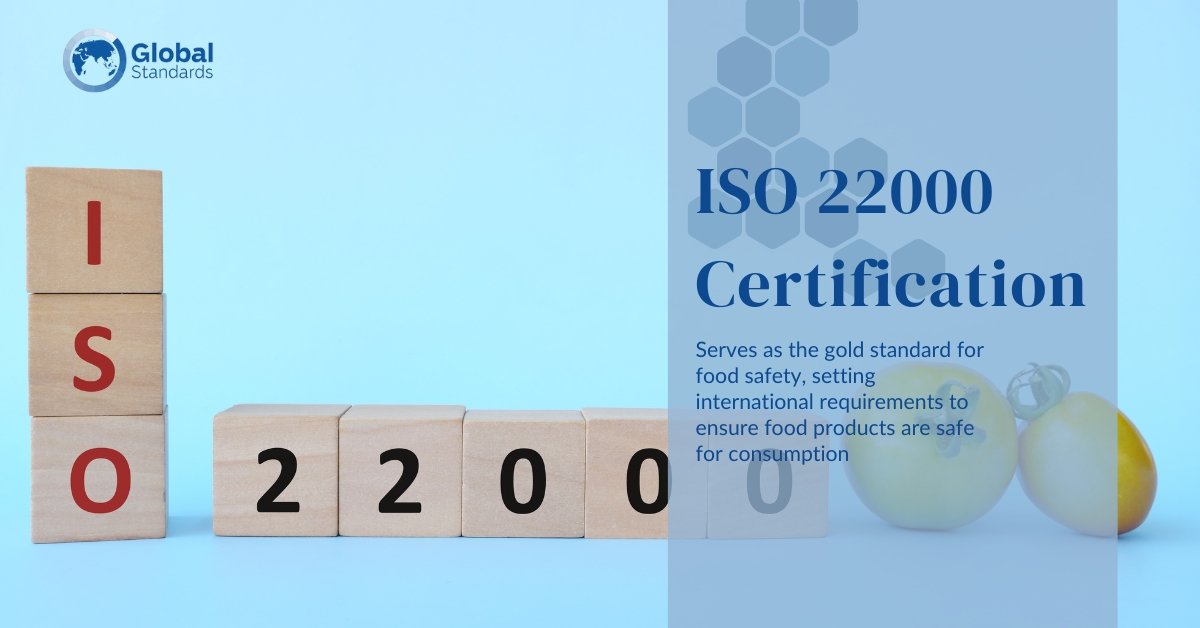
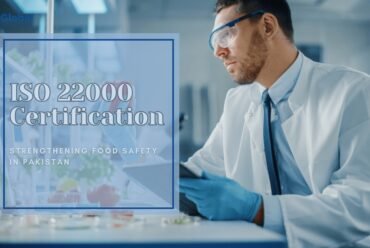

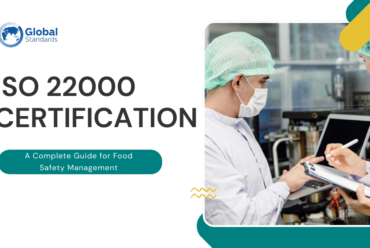
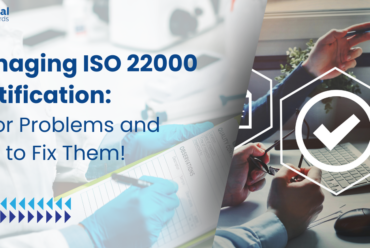
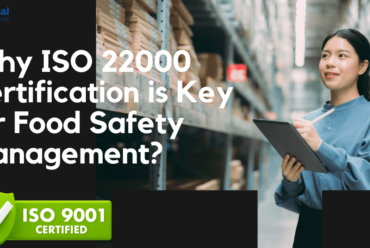
No Comments